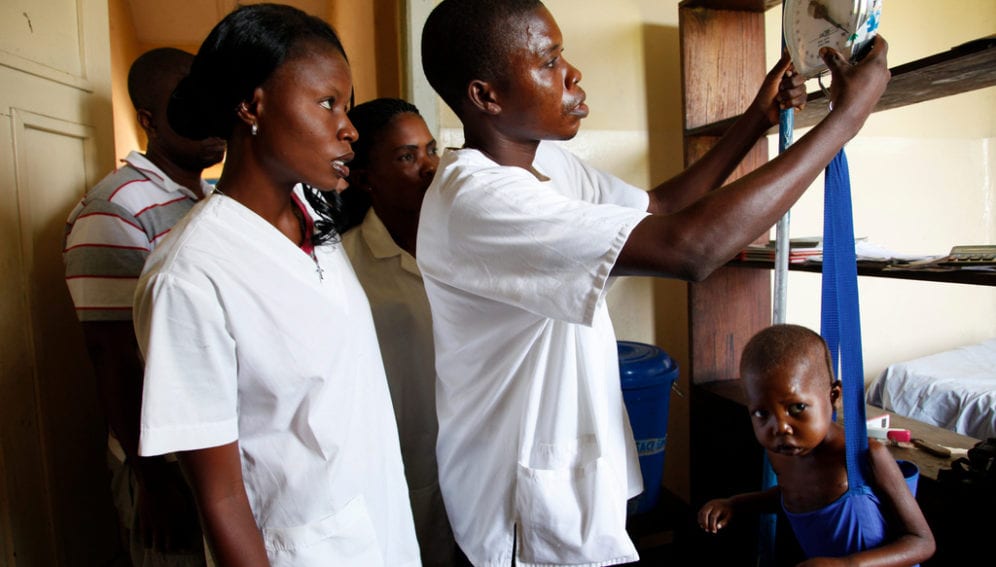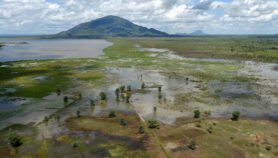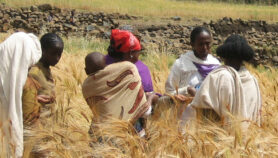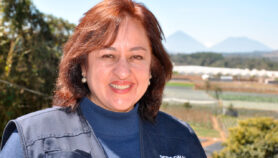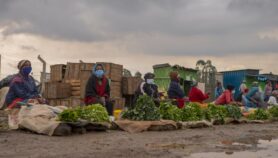By: Laura Owings
Send to a friend
The details you provide on this page will not be used to send unsolicited email, and will not be sold to a 3rd party. See privacy policy.
Leading nutritional scientists called for the global community to unite in its efforts against malnutrition last month at a 'call-to-action' reception on 26 September in New York, United States, as the world's leaders gathered for the UN's annual General Assembly.
The scientists highlighted the report, 'A Global Research Agenda for Nutrition Science', published online earlier this year by The Sackler Institute for Nutrition Science at the New York Academy of Sciences. The document urges researchers, funders, field workers and policymakers to join forces to find answers to key questions.
"You see nutrition in country budgets, ministers talk about it and funding is assigned to specific nutritional interventions, but, at the same time, we have a quarter of the world suffering from some kind of malnutrition," says Mandana Arabi, the institute's executive director.
"There needs to be better coordination across private, public, global and national entities that work in nutrition to find common ground and advocate for better science."
The report encourages this alignment through a road map for future research in nutritional science. The document, released in collaboration with the WHO, and created by an international panel of nutrition experts, recommends focusing research on three areas.
The first is understanding how environmental and societal trends affect nutrition among vulnerable groups, with the report suggesting more research on the influence of economic vulnerability and sustainability.
The second covers how optimal nutrition can be achieved for those with special needs, calling for more data on the needs of older people and pregnant women, for example.
“The agenda helps focus the minds of the world's decision-makers on the importance of nutrition research.”
David Nabarro,
United Nations
The last one is how to solve the challenges of implementing nutrition programmes in cost-effective ways.
The agenda is aimed at researchers and institutions that work in any sector related to nutrition science, including health, economics, education and social development.
Robert Black, chair of the Department of International Health at Johns Hopkins University, United States, and a member of the report's advisory group, says that having an agenda means it is "possible to be systematic and efficient, to collectively address problems and get answers to more quickly improve nutrition".
Backed by the WHO, the Bill & Melinda Gates Foundation, the International Food Policy Research Institute and various international universities, The Sackler Institute has already built a research network to put the agenda into practice. The next step is to develop proposals to tackle its focus areas and connect with potential stakeholders.
The institute plans to facilitate that process in mid-2014 by holding collective calls for research and hosting a two-day symposium with Wageningen University in the Netherlands that will bring together stakeholders such as NGO leaders and public and private sector researchers to address global malnutrition.
"Next year, we are going to focus on identifying and directing resources," says Arabi. "To bring people to the table, let them talk and find ways to work together, and facilitate these interactions with joint studies."
To that end, the timing of the call to action is appropriate, says David Nabarro, the UN secretary-general's special representative for food security and nutrition.
"Right now, the UN is looking hard at how far we've come in achieving the Millennium Development Goals and nutrition is an important part of that," he says. "The agenda helps focus the minds of the world's decision-makers on the importance of nutrition research and the need to align efforts to advance these goals now and in the future."
Link to the agenda


